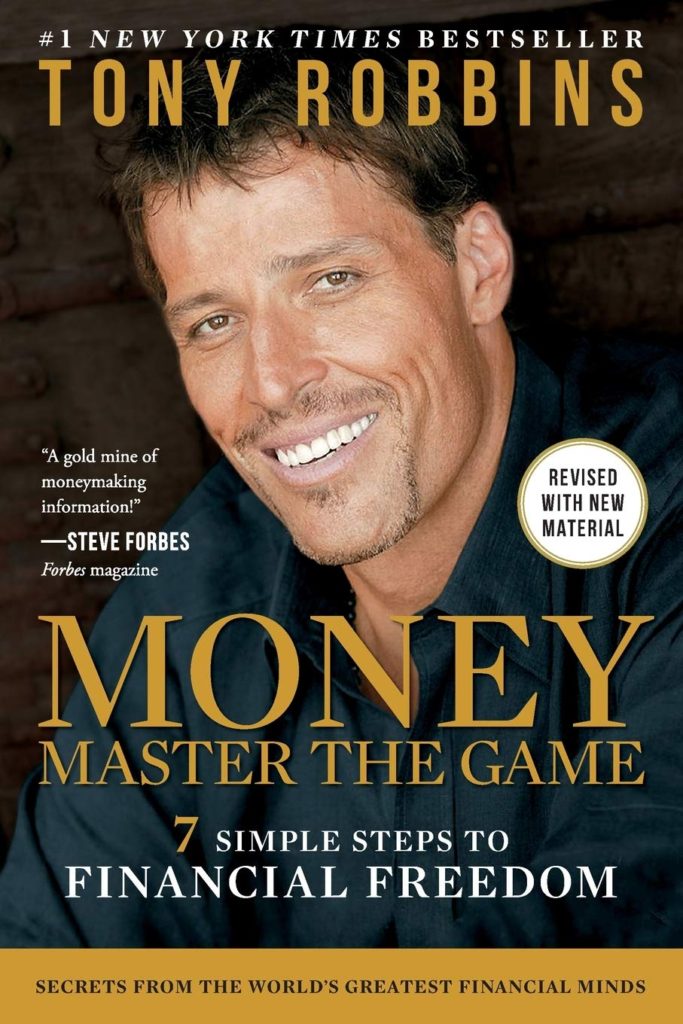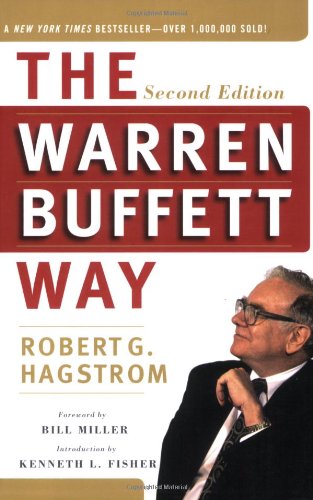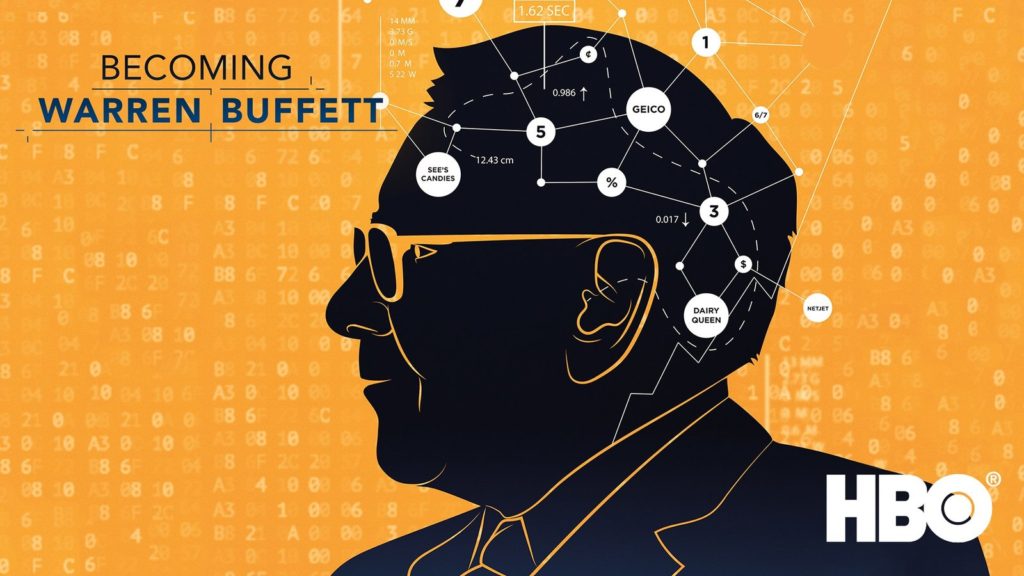How to Start Investing in the Stock Market
Disclaimer: I am not a financial advisor. This post is for informational purposes only and provides information I think could be helpful to someone looking to start having their money work for them.
I was asked by a friend for a good starting place to learn more about investing in the stock market. After some time contemplating the best path to begin a journey, I decided to write something I could share with anyone who asks the question about getting started with investing.
When I was living in Wisconsin after college, I read a lot of books on the subject and think I can boil it down to just a few resources to get someone started. The format of this post will be a series of books, videos, and documentaries and my take on how each of them can be helpful. So lets get started. Where to start?
Book: Money Master the Game by Tony Robbins

This book will cover many of the basics related investing including:
- What is a 401k, Traditional IRA and Roth IRA
- Provide an understanding of fee structures in the financial industry and how to avoid overpaying for financial services
- Contains Interviews with some very successful investors
If I had to gift one book to my friends interested in getting started, this would be it. It provides the best basic overview of investing that I have found.
Book: The Warren Buffett Way by Robert Hagstrom

This book provides a great inside look at the way Warren thinks. This book is not necessary for individuals looking to invest for retirement via index funds. If you are interested in buying individual companies, this book is a must read. I am a huge proponent of value investing which is basically buying good companies at a fair price.
This book will cover:
- How to analyze a companies financial statements
- Other key items to consider when purchasing stock in a company
- Timeless investment principals Warren has used to build his empire
If you want to buy individual stocks (not recommended for most people), this is a great place to start.
Video: How the Economic Machine Works by Ray Dalio
I love Ray’s explanation of debt cycles. Markets are cyclical. This will provide a good understanding of Market cycles and what influences them. Again, not a necessary resource. I personally liked learning more about why markets go up and down which gives me a sense of calm while others are fearful.
Documentary Film: Becoming Warren Buffett

In addition to Warren’s book described above, this is another great informational video on the way Warren thinks. I thoroughly enjoyed watching this film. This film provides additional information on one of the most popular value investors of all time.
These four resources are a great jump start to a future where your money can work for you. To close out this post, I will provide a few bullet points with some of the most important points made in the resources above.
- When investing for retirement, don’t try to time the markets. Buy on the way up, at the top, on the way down, and at the bottom. You’ll win this way in the long run
- If your company has a match program, contribute at least as much to the retirement account as they will match. It’s free money (nothing is free, but you are losing if you don’t)
- I have found that vanguard has the most inexpensive index funds for retirement investing. I have both my Roth and Traditional IRA’s here.
- Buying the S&P 500 Index fund is way safer than trying to pick individual companies. You’re pretty much guaranteed at least 7%/year average return in the long run. Most of my money is in S&P 500 Index.
- Roth vs Traditional IRA: Tony Robbins describes what they are. I’ll say that I favor Roth first because I believe my tax rate will be higher when I retire than it is now.
- For my individual company investments, I only buy good companies. Not junk. This means good earnings and a strong balance sheet. Warren’s book will teach you more about this
- Analyst ratings and reports don’t mean anything to me. I ignore them. I ignore buy/hold/sell ratings
- If you don’t understand what compound interest is, learn about it. It’s important to understand. https://www.investopedia.com/terms/c/compoundinterest.asp
- I also frequently reference the rule of 72. It’s a quick calculation you can do in your head to figure out how much future earnings you are giving up by not investing your money. I would commit this to memory. https://www.investopedia.com/terms/r/ruleof72.asp
- I max out my company’s retirement account and IRA’s before I start buying individual companies.
- Set your investment contributions to be deducted from your bank account automatically.
Summary: Read Tony’s book first. It uncovers a TON about the financial industry and provides a great basic understanding. After that, go as deep as you’d like.
Final thought: The greatest opportunities in the markets are when others are fearful.